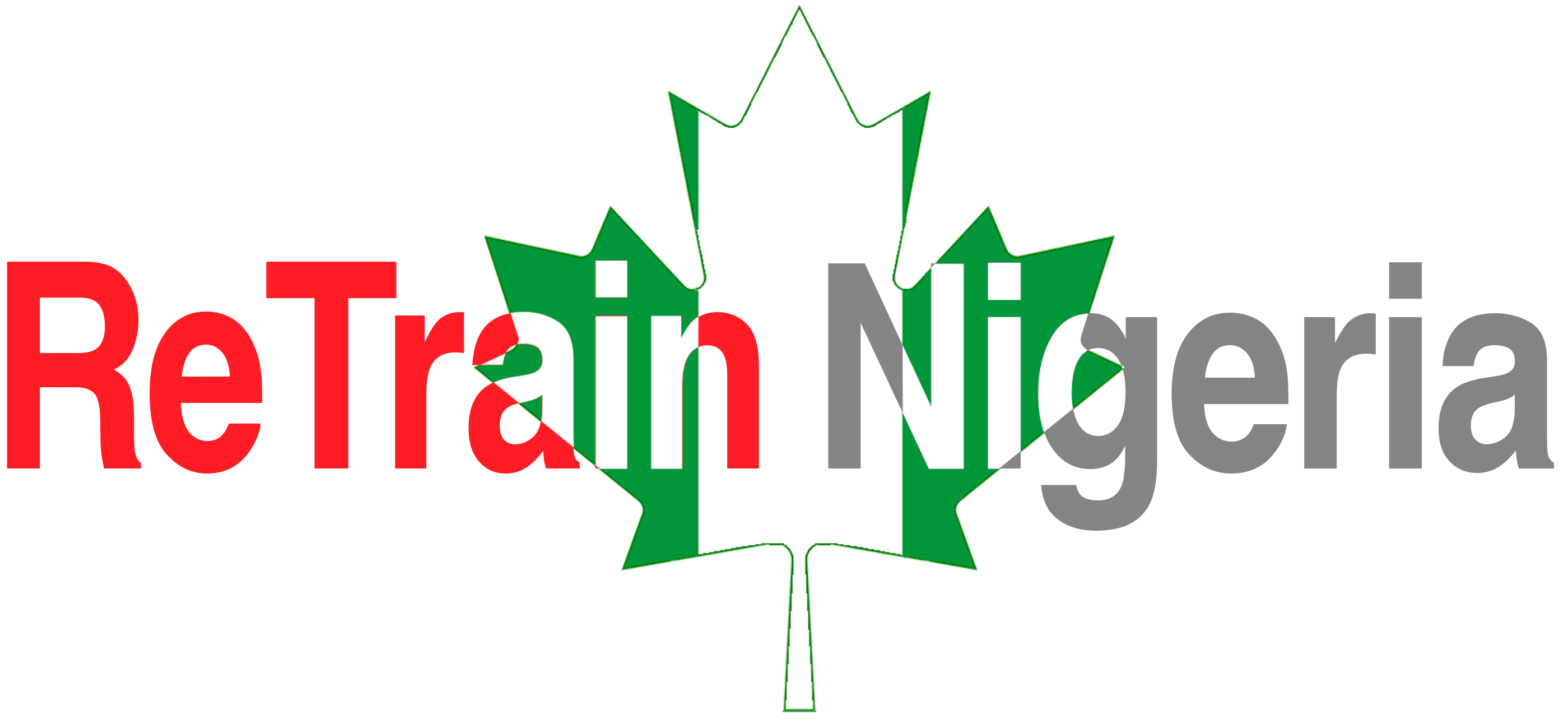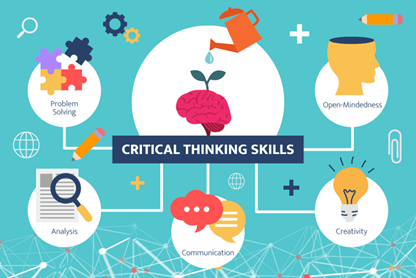What are Critical Thinking Skills and Why are They Important?
What is critical thinking? We often make the mistake of confusing being critical with being negative or “nit-picking” and this is unfortunate. Anybody can adopt a negative position to any point of view simply by saying “no” but this is not being critical, more often than not this is simply being awkward. In this era of so-called ‘alternative facts’, it has never been more important to question our sources of information. Critical thinking involves looking beyond the obvious surface issues and asking questions about motivation and purpose. Being critical requires you to not only gather appropriate data and information but to examine it carefully and question its reliability and authority.
Here are some Common Critical Thinking Skills
Identification of Biases: Identifying biases means knowing that there are certain people or things that may have an unfair prejudice or influence on a situation at hand. Identifying and pointing out these biases helps to remove them from contention when it comes to solving the problem and allows all stakeholders to see things from a different perspective.
Research: Researching details and facts allows you to be prepared when presenting your information to people. You’ll know exactly what you’re talking about due to the time you’ve spent with the subject material and you’ll be well-spoken and know what questions to ask to gain more knowledge. When researching, always use credible sources and factual information.
Open Mindedness: Being open minded when having a conversation or participating in a group activity is crucial to success. Dismissing someone else’s ideas before you’ve heard them will inhibit you from progressing to a solution and will often create animosity. If you truly want to solve a problem, you need to be willing to hear everyone’s opinions and ideas if you want them to hear yours.
Analysis: Analysing your research will lead to you having a better understanding of the things you’ve heard and read. As a true critical thinker, you’ll want to seek out the truth and get to the source of issues. It’s important to avoid taking things at face value and always dig deeper.
Problem Solving: Problem solving is perhaps the most important skill that critical thinkers can possess. The ability to solve issues and bounce back from conflict is what helps you succeed, be a leader and effect change. One way to properly solve problems is to first recognise there’s a problem that needs solving. By determining the issue at hand, you can then analyse it and come up with several potential solutions.
Final Thoughts
Be inquisitive about everything. Maintain a neutral perspective and develop a natural curiosity, so you can ask questions that develop your understanding of the situation or task at hand. The more details, facts and information you have, the better informed you are to make decisions. Also Utilise active listening techniques, which are founded in empathy, to really listen to what the others are saying. Critical thinking, in part, is the cognitive process of reading the situation: the words coming out of their mouth, their body language and their reactions to your own words. Then, you might paraphrase to clarify what they’re saying, so both of you agree you’re on the same page.

